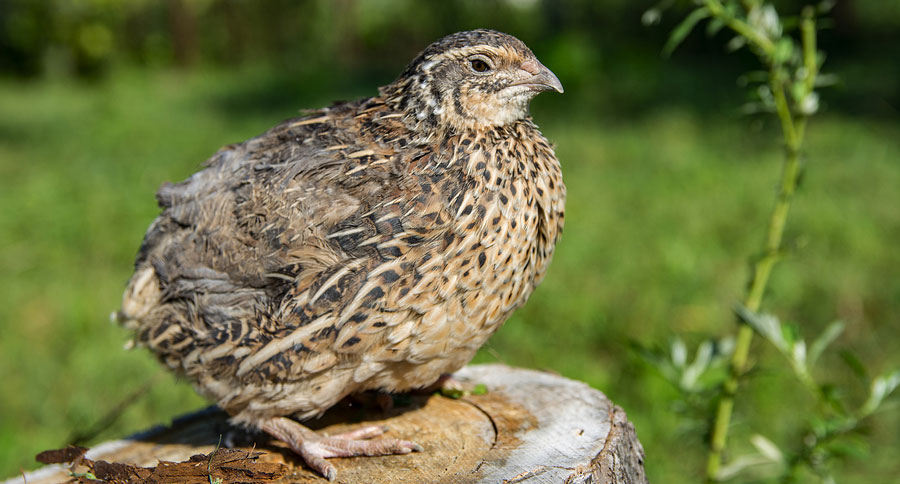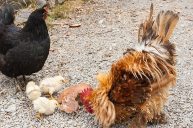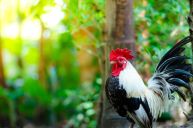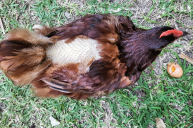Have you seen how cute a baby Coturnix quail is? Just get on Instagram and you'll fall in love! If you can't have chickens, consider having quails and quail eggs.
They're tiny birds and their eggs are delicious, yet they aren't chickens and they'll need a different type of housing—something closer to an aviary.
Why quail?
- Quail eggs are delicious and highly nutritious.
- Care of Coturnix quail is exceedingly easy and housing requirements are minimal.
- They eat a small amount of food, for which they produce a large number of quail eggs.
- They lay gourmet eggs!
How to raise Coturnix quail?
You will want to check with your local zoning office and the state to determine if a special permit is required before getting started with quail farming.
According to The Free Range Life, Coturnix quail can be a bit fragile at hatching, so experts strongly recommend hatching your own or finding a local source as opposed to mail-ordering your quail chicks.
"They are quick to hatch, taking only about 17 days, so if you have a local farmer with fertile eggs, it's an easy way to go."
Coturnix quail characteristics?
- A single quail hen can lay between 72 and 120 eggs during that same time frame. Coturnix Quail hens lay between 200 and 300 eggs per year if raised in the proper environment when artificial lighting is used.
- Quail are gentle birds, yet they can be a bit skittish. If they should happen to escape from a cage they can be a handful to recapture, even with a net.
- Unlike chicken roosters, the crow of a male quail is not as loud.
- They are relatively disease resistant.
- Quail have a tendency to quickly fly up when excited or spooked which can easily cause fatal injuries.
Housing and feeding
The Free-Range Life tells us that because of their small and flighty nature quail are not really suited for free-ranging.
"I prefer to house mine on the ground since it is more similar to their natural habitat. If you are on the ground be sure to provide some begging materials—ours love the days we add straw—they tunnel through and make holes to hide in. They also enjoy added "hideouts" made from branches or buckets.
You will need to provide about 1 square feet per bird. Quail do have the tendency to fly straight up when startled so you will either need to keep their cages short—8-10 inches or tall enough for them to fly without hitting the top. Our current set up is 4 feet tall and we haven't had any issues."
A large run with netting over the top or an aviary is ideal for quail. Feed your quail a high-protein, unmedicated game bird feed.
What about egg-laying?
https://www.instagram.com/p/BuSBUARB3sm/
They will then lay about an egg a day for life.
Just like with chickens, in order to keep up production year-round, you will need to provide a light source so that they get 14 hours of light per day. If you don't provide a light source they will only lay during the time of year that naturally receives this much light.
Quail eggs are a tad bit richer in taste (because they have a bigger yolk-to-white ratio than chicken eggs), but generally, the taste is pretty similar chicken eggs.
Raising quail sounds like a great alternative to those that aren't interested in chickens or ducks. Egg production is off the charts and raising Coturnix quail will fill your egg basket far beyond what you'll see with hens.
You'll need an aviary instead of a coop, and since they don't lay eggs in nesting boxes, you'll save some money! Coturnix quail eggs may be more delicious than the eggs you'd see from backyard chickens.
These little birds have a lot of fans. You should consider adding them to your small homestead. Raising Cortunix quail will require the same materials if you were raising chicks. You'll need waterers, a brooder, a heat lamp and a reputable hatchery.
Know someone who would like to add this quail to their flock? Tell us in the comments below!




